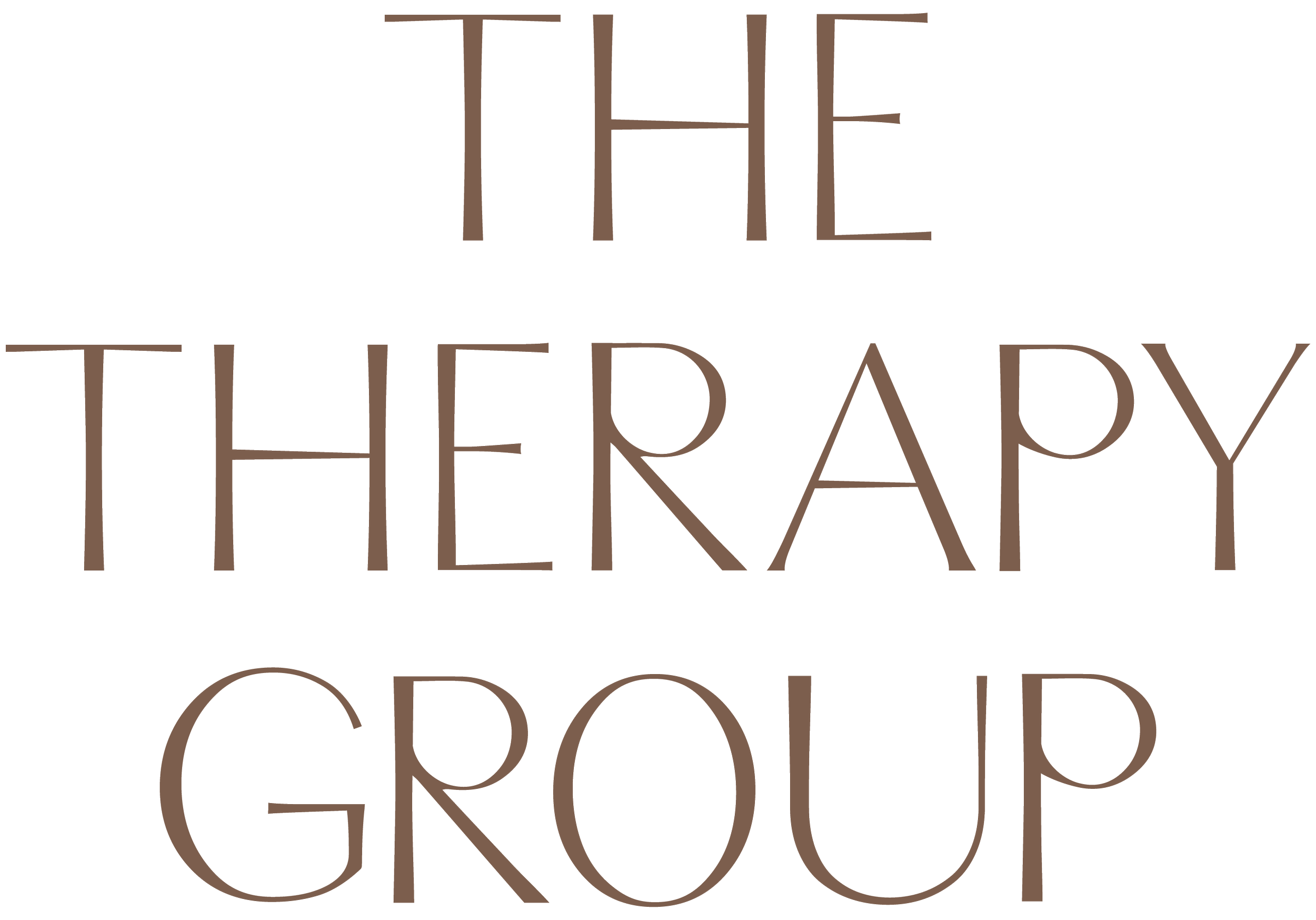Meaning in the Mundane: is finding purpose really just a distraction from death?
Kelsey smith, lcsw
From a very young age, our culture tells us to find our purpose in order to live a fulfilling, meaningful life. We idolize people who have created a legacy and wonder, “what will I be remembered for?” Robin Williams is remembered for his empathetic nature that showed through every role, stand up bit and interview he ever had. Mother Teresa for selflessly giving of her life to the most underprivileged. The list of credible legacies goes on and on, and we can easily identify people worthy of a legacy by what they’ve done. Most people accept that they will not have a worldwide legacy, but still we measure our lives based on those who do. It makes us wonder, “what is my purpose?” or “how can I add more meaning to my life?” Even some modern day personality tests will suggest ideas for your purpose, such as, you should pursue something creative while another person should pursue something altruistic. But no one actually tells young people *how* to find their purpose, or how they will *feel* when they are finally living out their purpose. So we all just begin pursuing something that we imagine we will stumble upon, assuming that we will sort of…know it when we get there.
The only problem is, no one is stumbling upon the imaginary destination of their purpose. Instead, a lot of us are living in the deficit of our unknown purpose, wondering, “how come I still don’t have a purpose?” Milestone birthdays like 30 and 40 often send people into a quarter life crisis because they begin to question whether they will ever find their purpose or meaning. The pressure of dwindling time adds more and more weight each year. We begin comparing our lives to others, asking ourselves over and over again, “where did I go wrong?” These existential questions with no readily available answers can cause feelings of depression and anxiety for a lot of people, especially after years of a fruitless search for meaning. It can cause an insatiable urgency to do all of the things, also known as “FOMO”, but the most common and alarming response is that we stay busy and distract ourselves from our lives that are seemingly slipping by.
Which makes me wonder if the idea of finding our purpose is really just a masquerade for our existential dread. One thing we surely don’t talk about as much as life purpose is the fact that we will all die someday. Unfortunately, it is still a little too taboo to talk about death in our culture. I was even afraid to put the word death in my title for fear that no one would read this article. The pursuit of a life purpose is less scary than death, until we begin contemplating whether or not we have one (*cue existential crisis). And to cope with our discomfort with death, we stay endlessly tied to trying to find our purpose, while the prospect of a legacy adds some reward to the process. But in reality, it’s all just a distraction.
What would happen if we just lived each day without the pursuit of our purpose or creating a legacy? What if the goal shifted into being as present as possible each day? What if we found purpose or meaning in our day to day by reveling in the mundane and finding magic in the small moments? If we accepted our death and stopped trying to distract ourselves through a never ending pursuit, would we finally feel free to start living our…true purpose?
If you are looking to start your therapeutic journey, we would love to help get you connected! You can fill out a contact form at thetherapygroup.com/contact to be matched with one of our therapists at The Therapy Group, or receive referrals if we do not serve your state.



